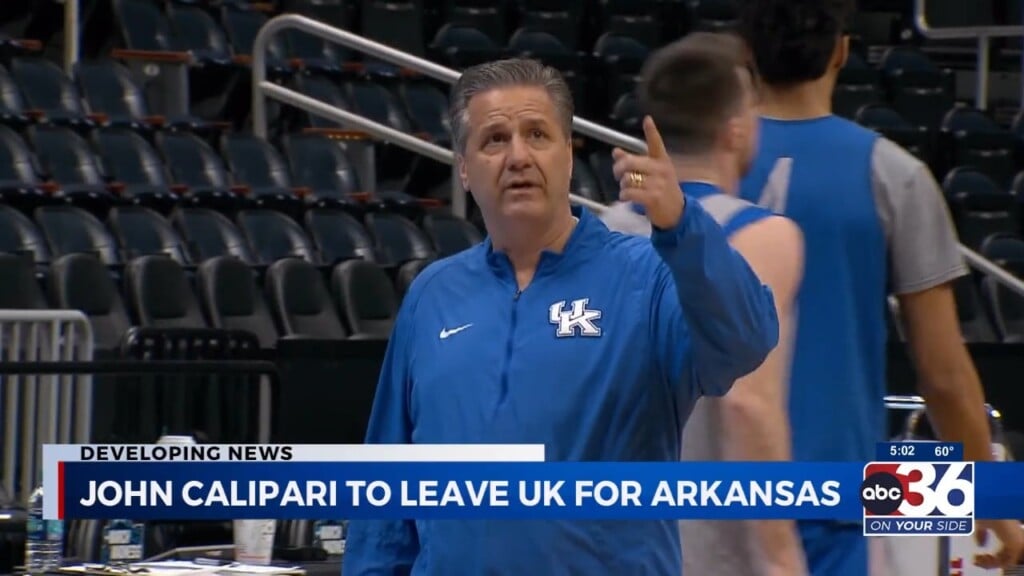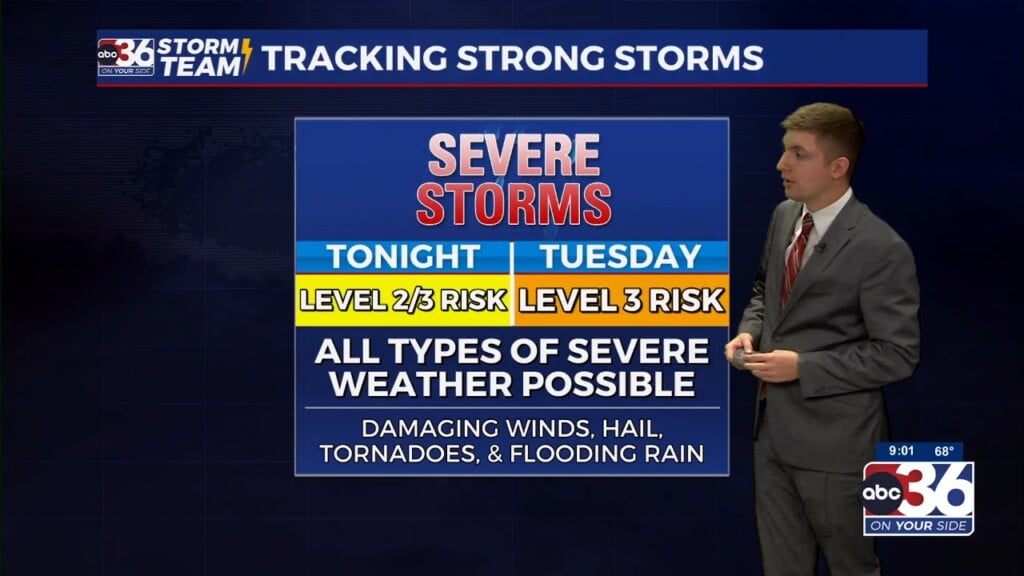China trade, Asia nukes among topics in presidential debate
The world outside the U.S. figured prominently in the third and final presidential debate between Donald Trump and Hillary Clinton. Here’s a brief look at the countries there were up for discussion:
___
JAPAN/KOREAN PENINSULA
Clinton said Trump has been “cavalier, even casual” about the use of nuclear weapons, and the idea that it would be acceptable for U.S. allies such as Japan and South Korea to acquire them on their own. “Nuclear competition in Asia, you said, you know, ‘Go ahead. Enjoy yourselves, folks,'” she said.
Trump responded, “All I said is we have to renegotiate” defense agreements with other countries that the U.S. can no longer afford. “When I said Japan and Germany and … South Korea, these are very rich, powerful countries. Saudi Arabia, nothing but money. We protect Saudi Arabia. Why aren’t they paying?”
Seoul says it paid $851 million last year to the United States, which was reportedly about half of what it costs to maintain U.S. troops in South Korea. Japan pays $1.8 billion a year and hosts about 50,000 U.S. troops.
South Korea’s pursuit of its own nuclear weapons has been raised by some conservative lawmakers, but many South Koreans believe such a move would have unacceptably dire consequences in its relationships with both Washington and Beijing.
___
JAPAN
Trump’s brief interjections got the laughs at the U.S. Embassy in Tokyo, where about 80 university students watched the debate with panel of experts, but it was Clinton who got the support. Asked at the end to hold up a blue sheet of paper for Clinton or a red one for Trump, all but five people in the audience went blue.
Nao Oshibe, a 21-year-old senior at Aoyama Gakuin University, said she could see the pluses of a Clinton presidency because of her talk of cooperating with allies, but couldn’t see any from Trump. She appeared to stump the experts with this question: “Can you tell me one greatest benefit which Japan can receive if Trump becomes president?”
Kumi Yokoe, author of a book on Trump, said Japan needs to be aware that Trump’s statements reflect the general feeling of some Americans. “What had been invisible has become more visible,” she said.
___
MEXICO
At a Mexico City barbecue restaurant that could have dropped out of Austin, Texas, an assortment of Mexicans and expats guffawed at Donald Trump’s call to expel “bad hombres” and toasted each time he or Hillary Clinton said “Mexico.”
About 200 people gathered Wednesday night to watch the final U.S. presidential debate. There was fun in collective viewing — complete with bingo cards with things said by the candidates. But there was also genuine interest from Mexicans who have watched their currency swing in recent weeks with the polls.
Alejandra Cardenas, a video director from Mexico City, says Mexico’s economy is clearly tied to the U.S. and that’s why so many Mexicans are there watching the debate closely. She says Mexico will be among the countries most affected.
Trump is widely unpopular among Mexicans due to his disparaging remarks about immigrants and his repeated vows to build a border wall and make their country pay for it.




Leave a Reply